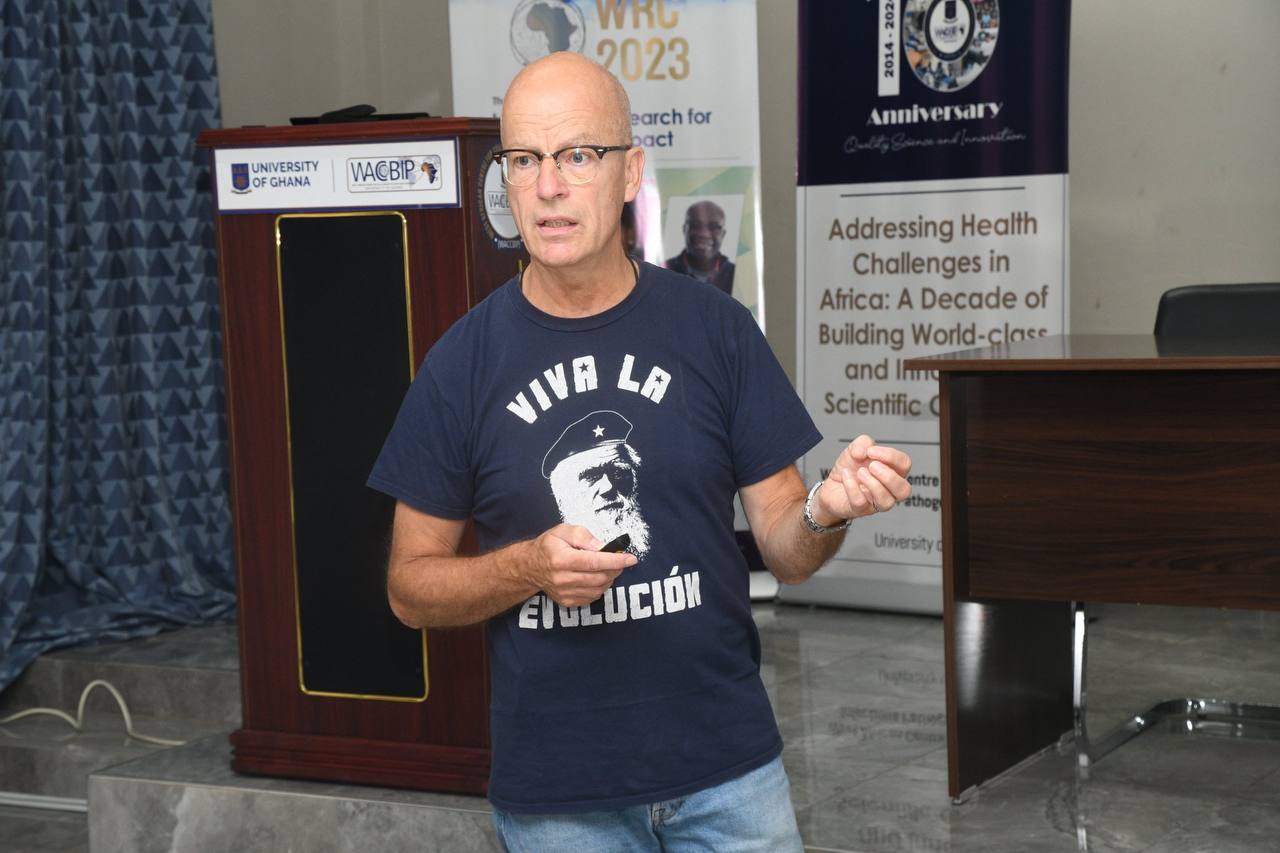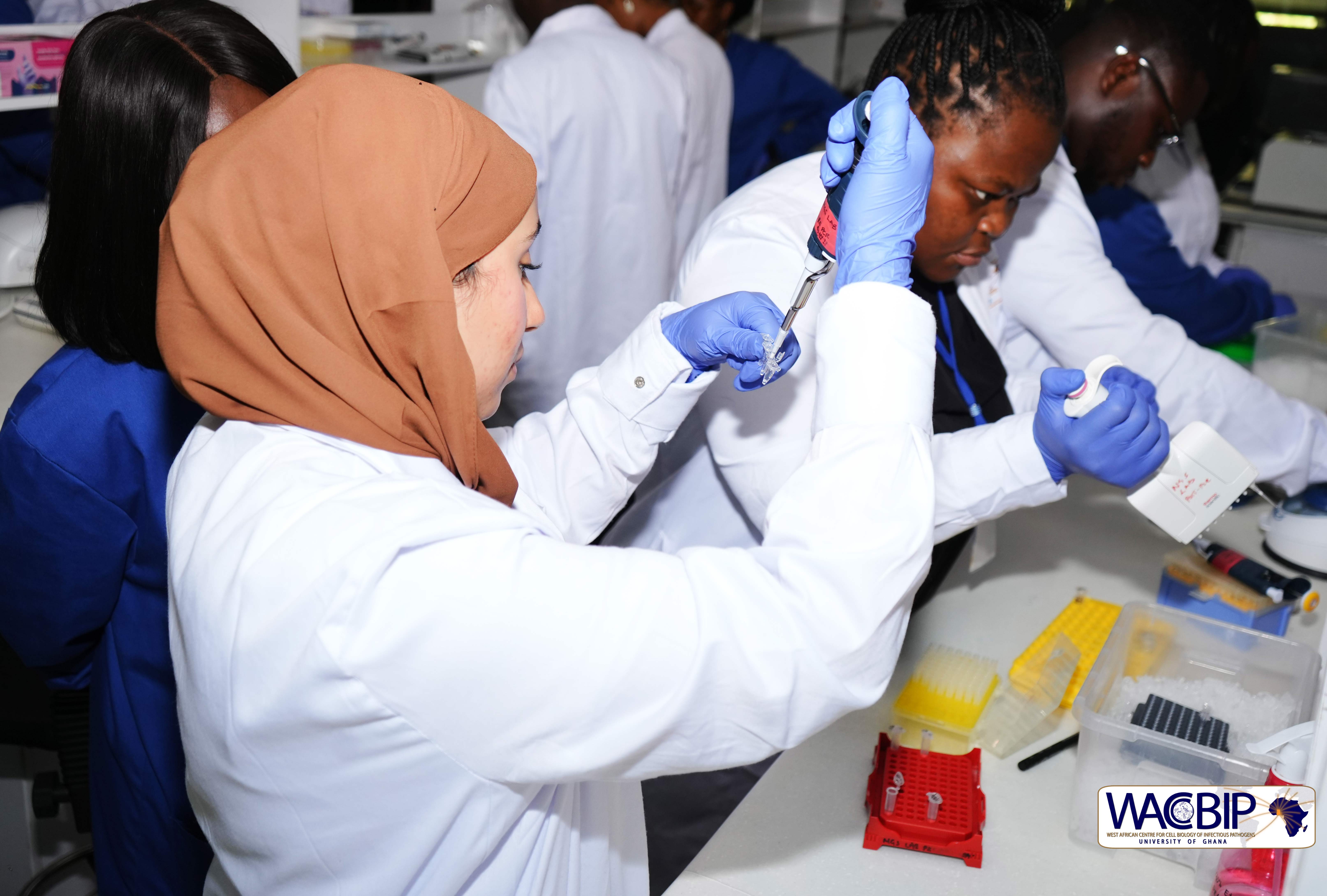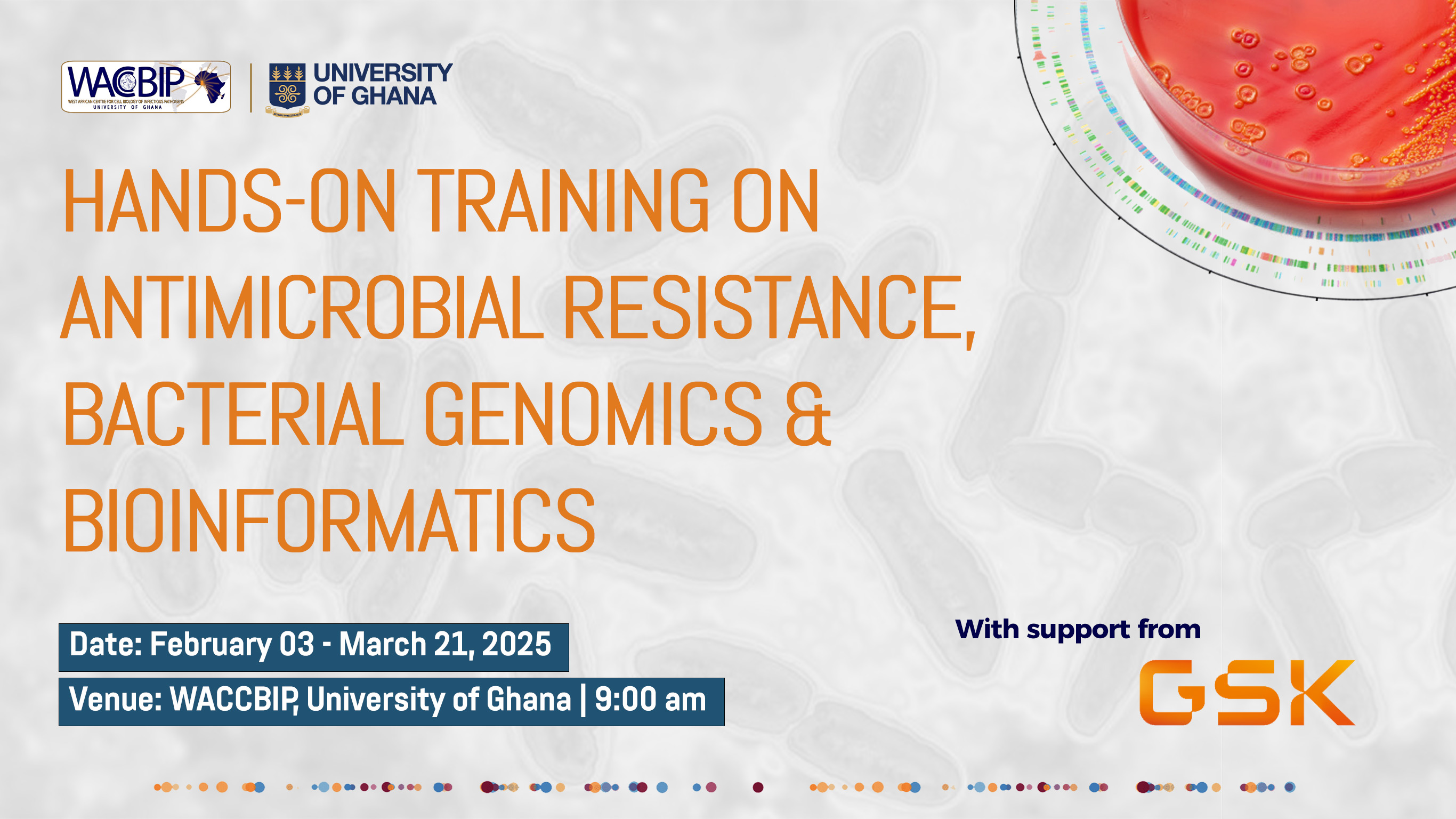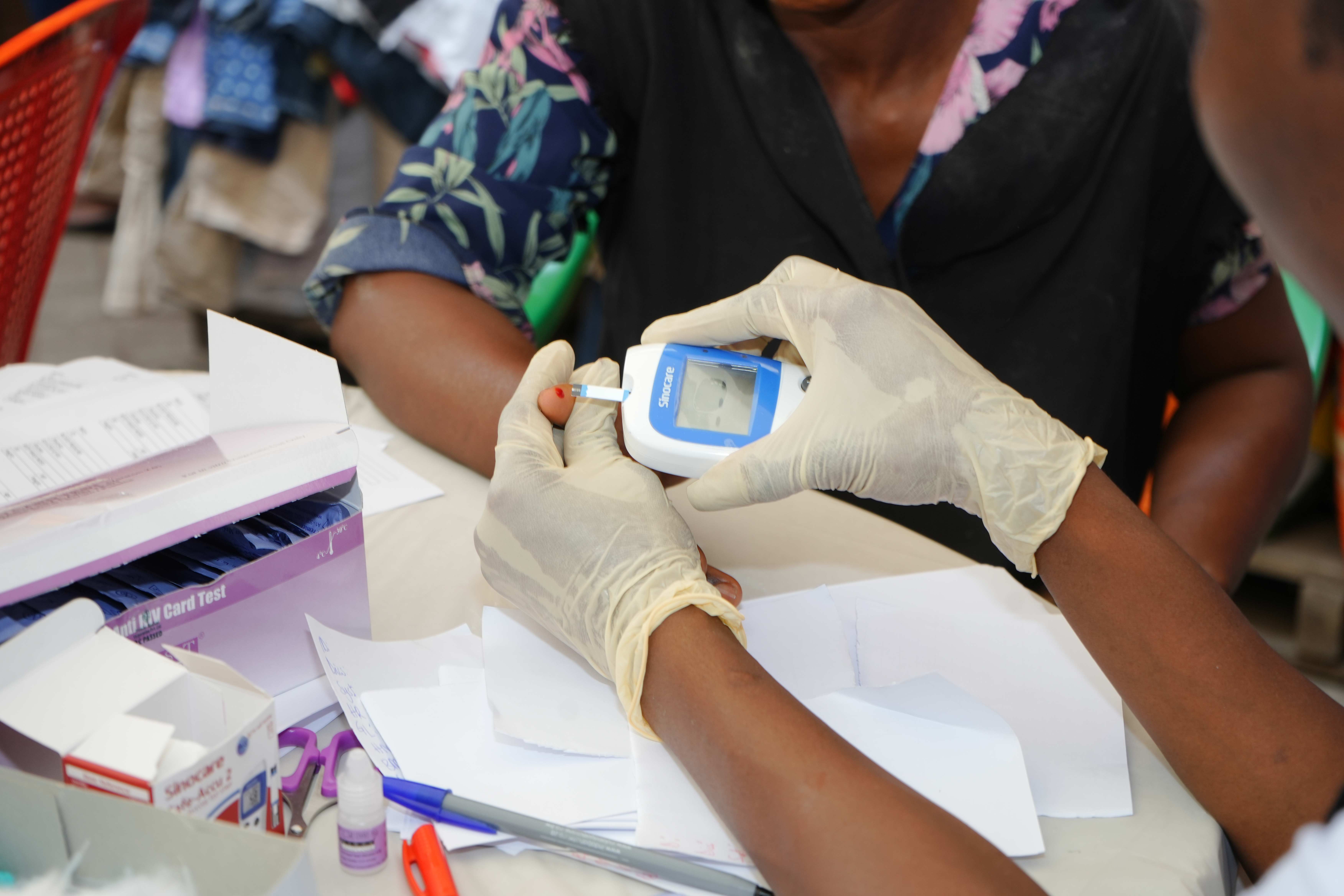The West African Centre for Cell Biology of Infectious Pathogens (WACCBIP) recently concluded its much-anticipated workshop on Molecular Biology for Year I MPhil and PhD students.
The workshop, held from July 31 - August 3, brought together esteemed scientists, researchers, and students to explore cutting-edge research in molecular biology, particularly focusing on infectious diseases and their impact on human and animal health.
The workshop facilitators included Jack Sunter from Oxford Brookes University, Calvin Tiengwe from Imperial College London, Joana Faira, from the University of York, Lars Hviid from the University of Copenhagen, and Richard Wheeler from the University of Oxford.
The workshop kicked off with an enlightening presentation delivered by Jack Sunter on the topic of "One Health and Pathogenicity." He emphasised the interconnectedness between human, animal, and environmental health.
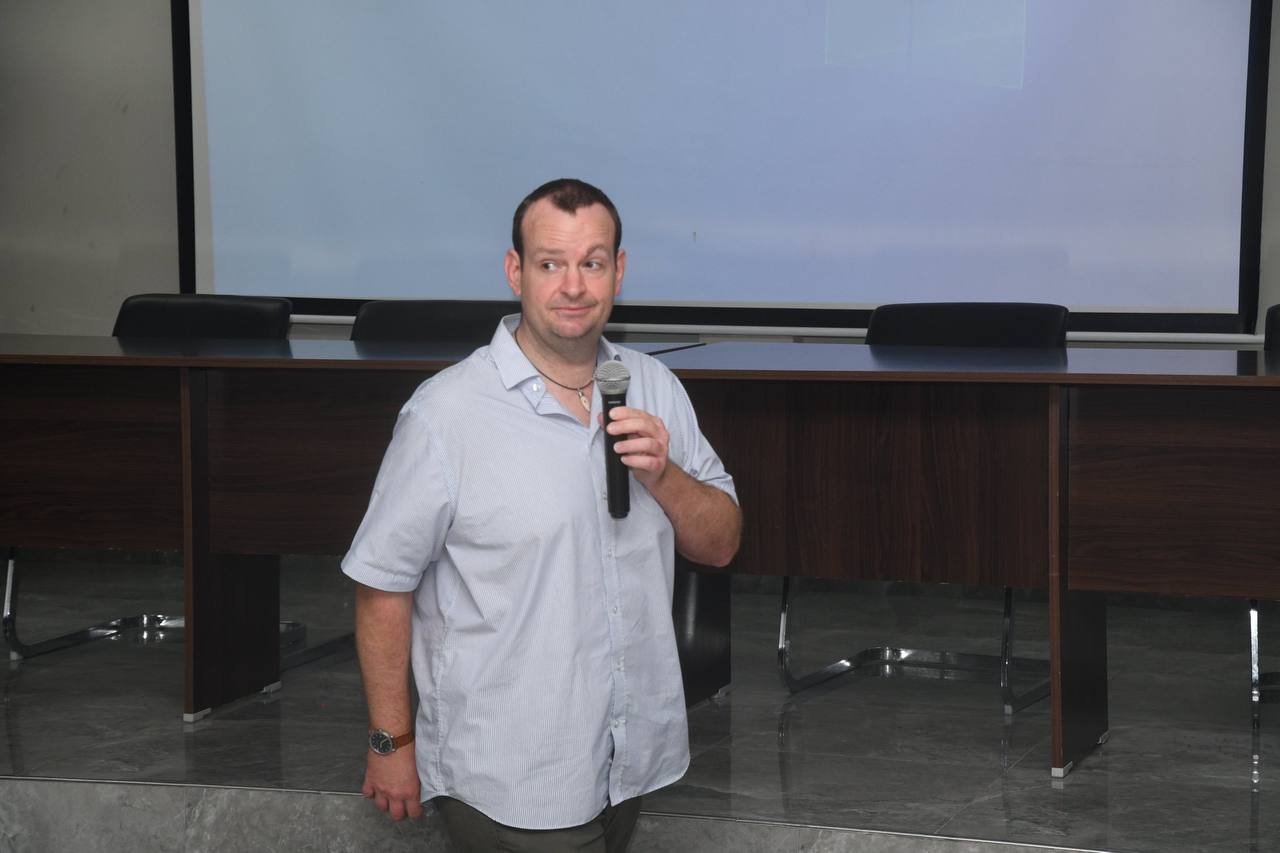
Figure 1: Facilitator, Jack Sunter speaking on One Health & pathogenicity.
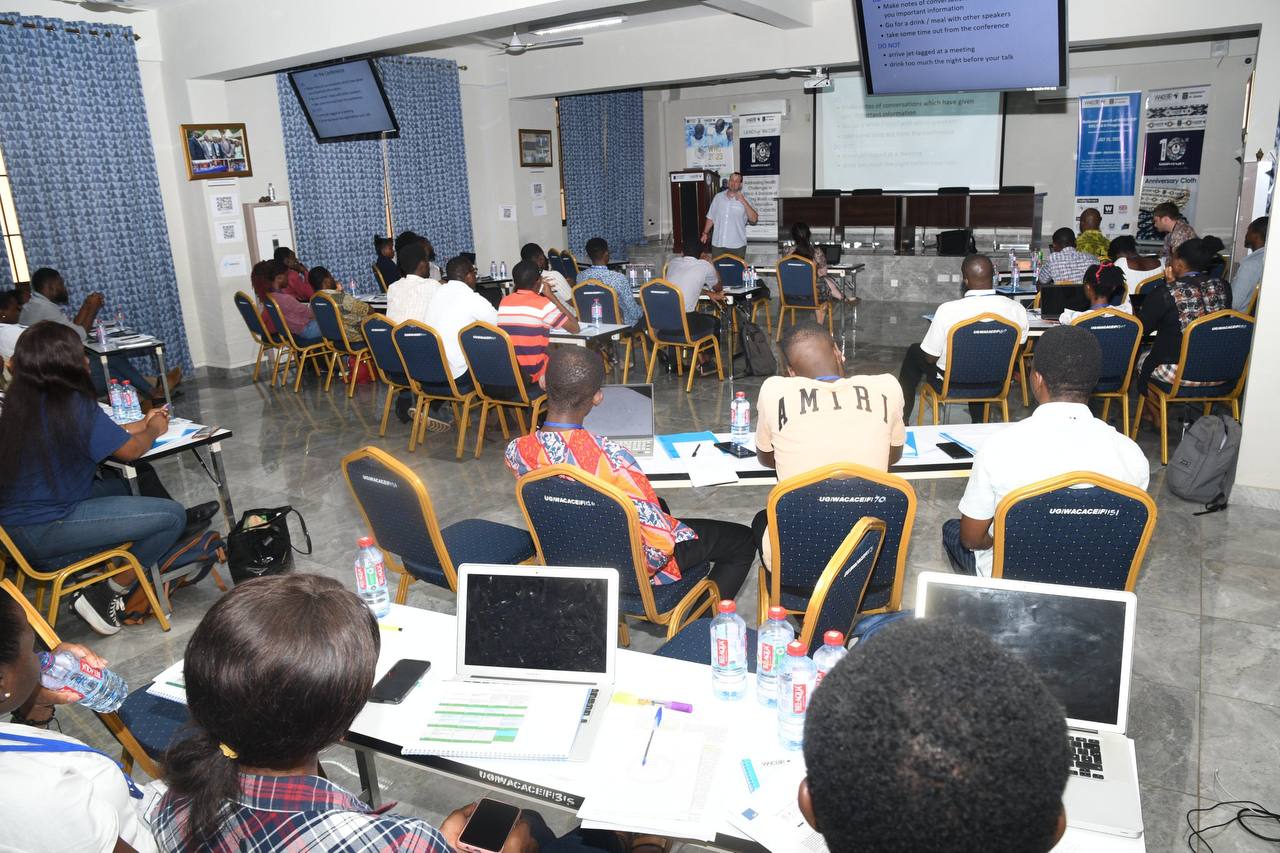
Figure 2: A cross-section of workshop participants.
Throughout the workshop, participants actively engaged in various sessions, including a vibrant Journal Club where they presented and critically analysed recent scientific articles. This exercise encouraged intellectual discussions and fostered a culture of learning and knowledge sharing.
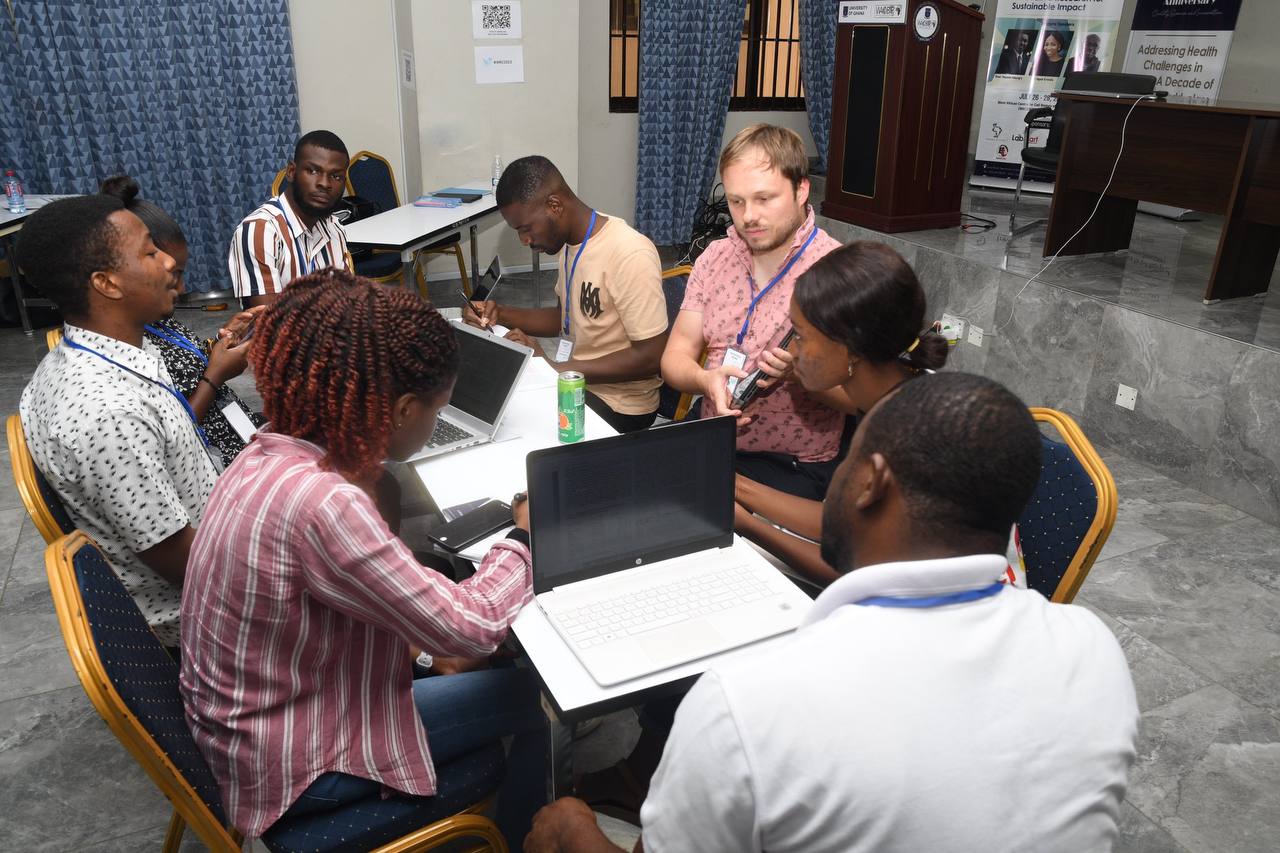
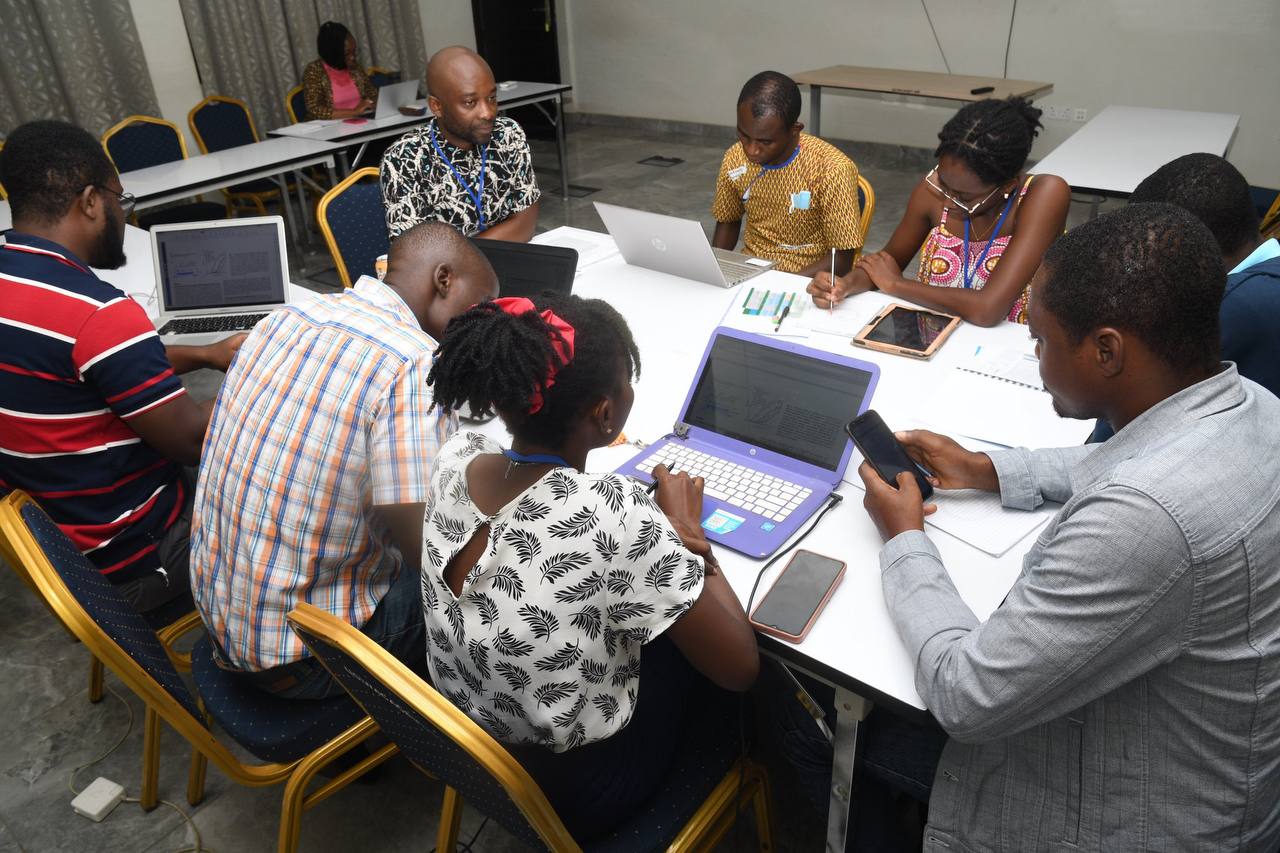
Figures 3 & 4: Participants working together in journal club activities.
A standout session focused on "Professional Development: Giving Talks and Making Posters - Common Mistakes," provided invaluable insights on effective communication in the scientific community. The design of PCR approaches took centre stage in another illuminating session, with experts delving into the latest techniques and applications.
Addressing global health issues, particularly neglected tropical diseases, was at the heart of the workshop. Anthelmintic treatment strategies were extensively discussed, and participants explored innovative ways to combat these debilitating diseases and improve the lives of affected communities.
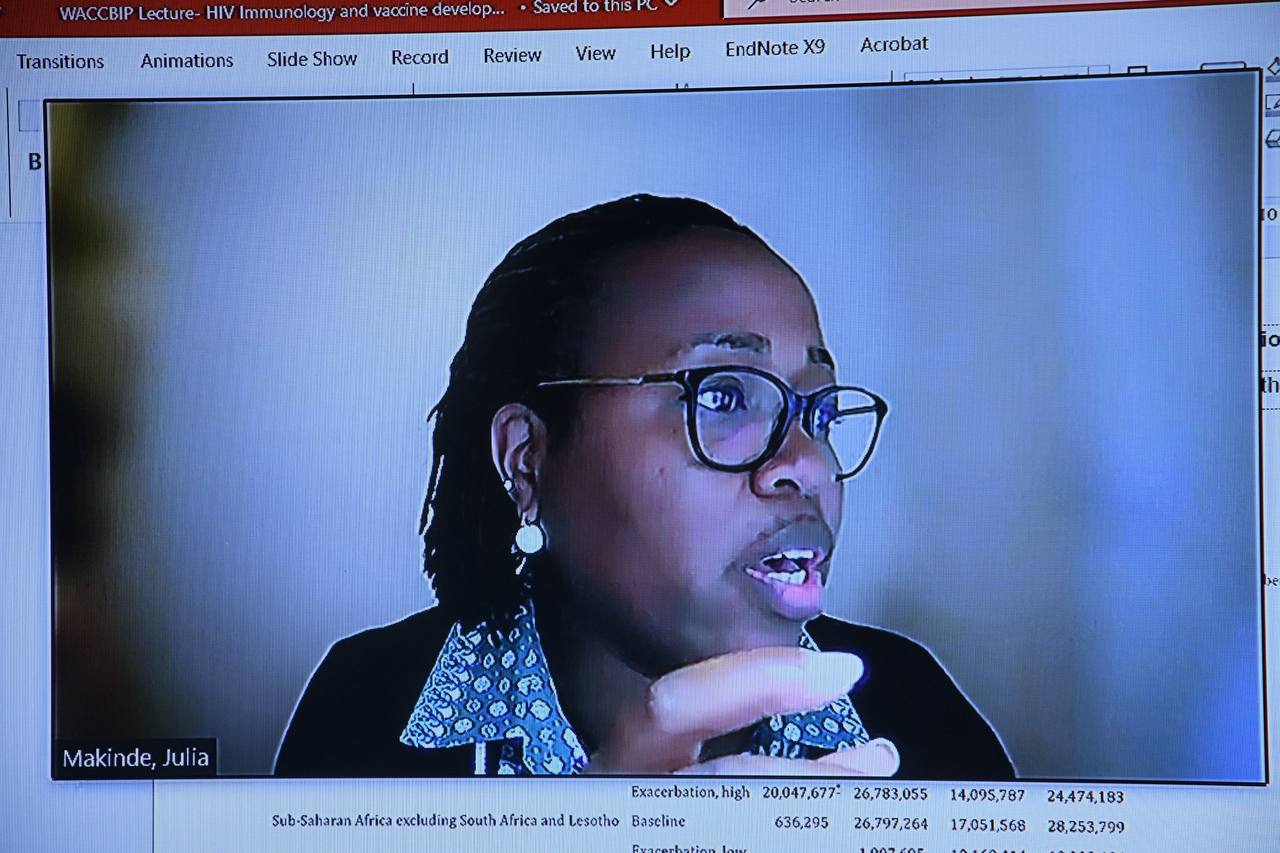
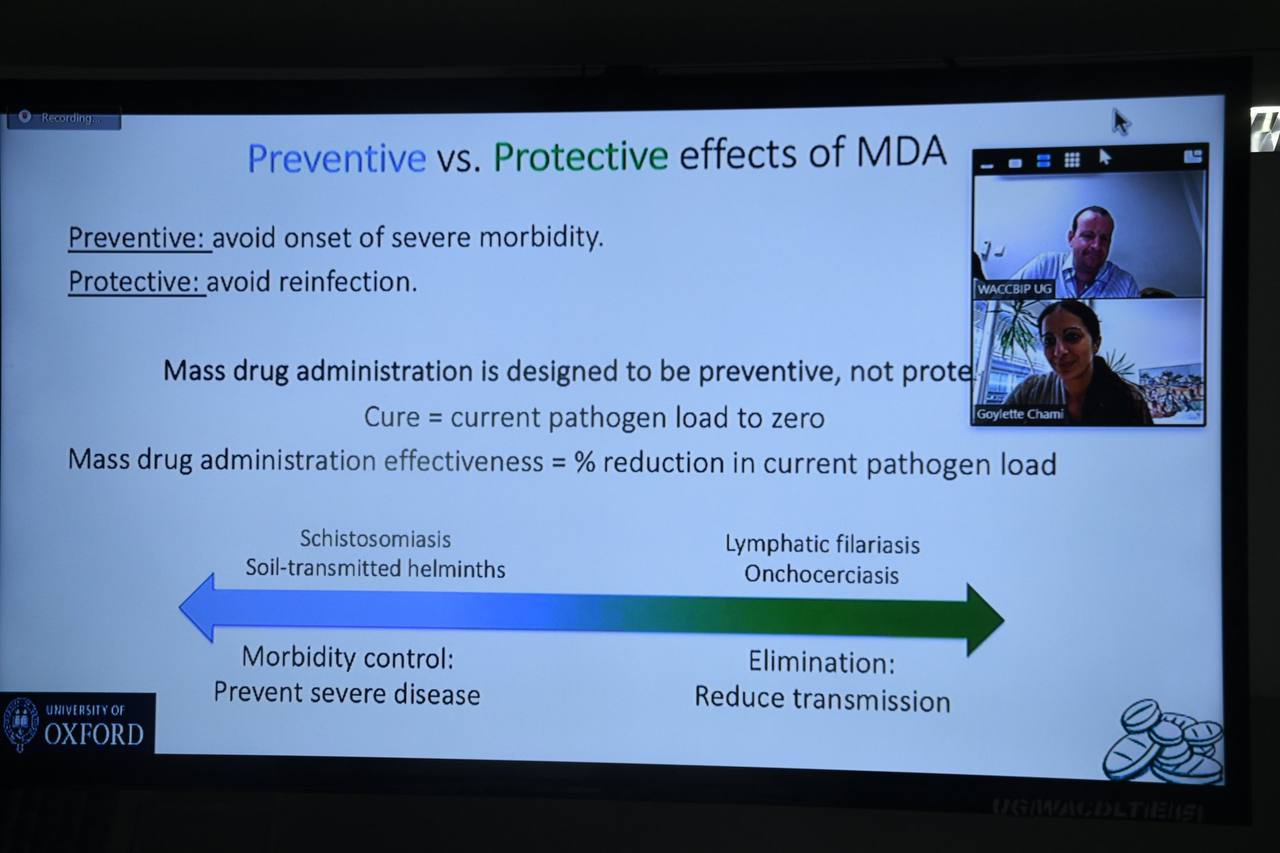
Figures 5&6: Dr Goylette Chami, Associate prof at University of Oxford presenting on Neglecting Tropical Diseases & mass drug administration: antihelminth strategies.
One of the workshop's highlights was the exploration of Meningococcal vaccine antigen discovery, where scientists shared groundbreaking research and potential vaccine candidates, igniting hope for preventing this deadly disease.
The workshop dedicated considerable time to professional development, guiding participants through crafting compelling CVs and successful grant applications. This empowering session aimed to equip young researchers with the tools necessary to excel in their careers and secure funding for their vital work.
Lars Hviid presentation on the way Plasmodium falciparum makes people sick and how the immune system prevents malaria: practical implications for vaccine development. Plasmodium falciparum, the parasite responsible for malaria, was a central focus in multiple sessions. Experts elucidated the mechanisms by which the parasite causes illness and how the immune system can prevent malaria. The participants were exposed to novel strategies for malaria prevention and control.
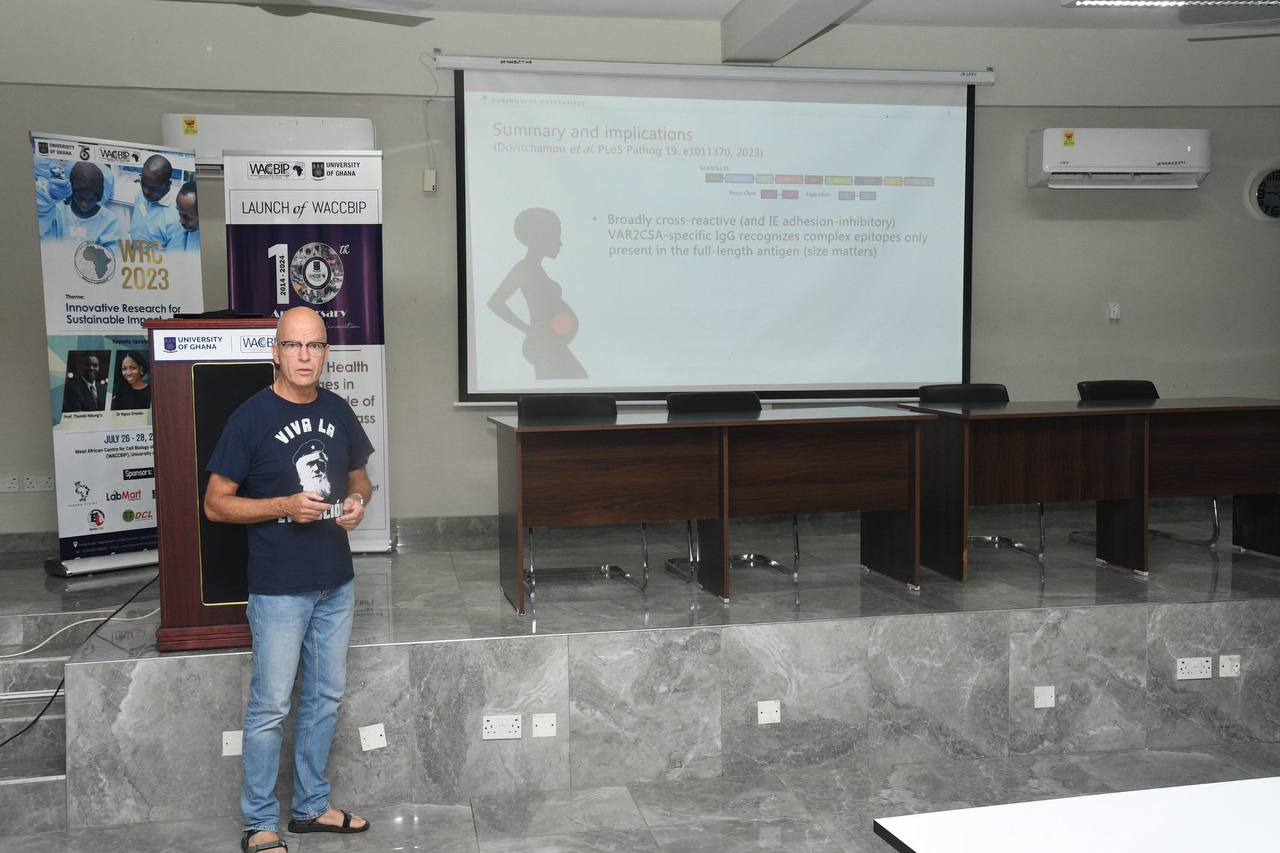
Figure 7: Lars Hviid presenting on immunological concepts in malaria.
In addition to enriching lectures and discussions, the workshop featured study group discussions where participants collaborated on real-world case studies. This interactive segment allowed participants to apply their knowledge to practical scenarios and develop innovative solutions collectively.
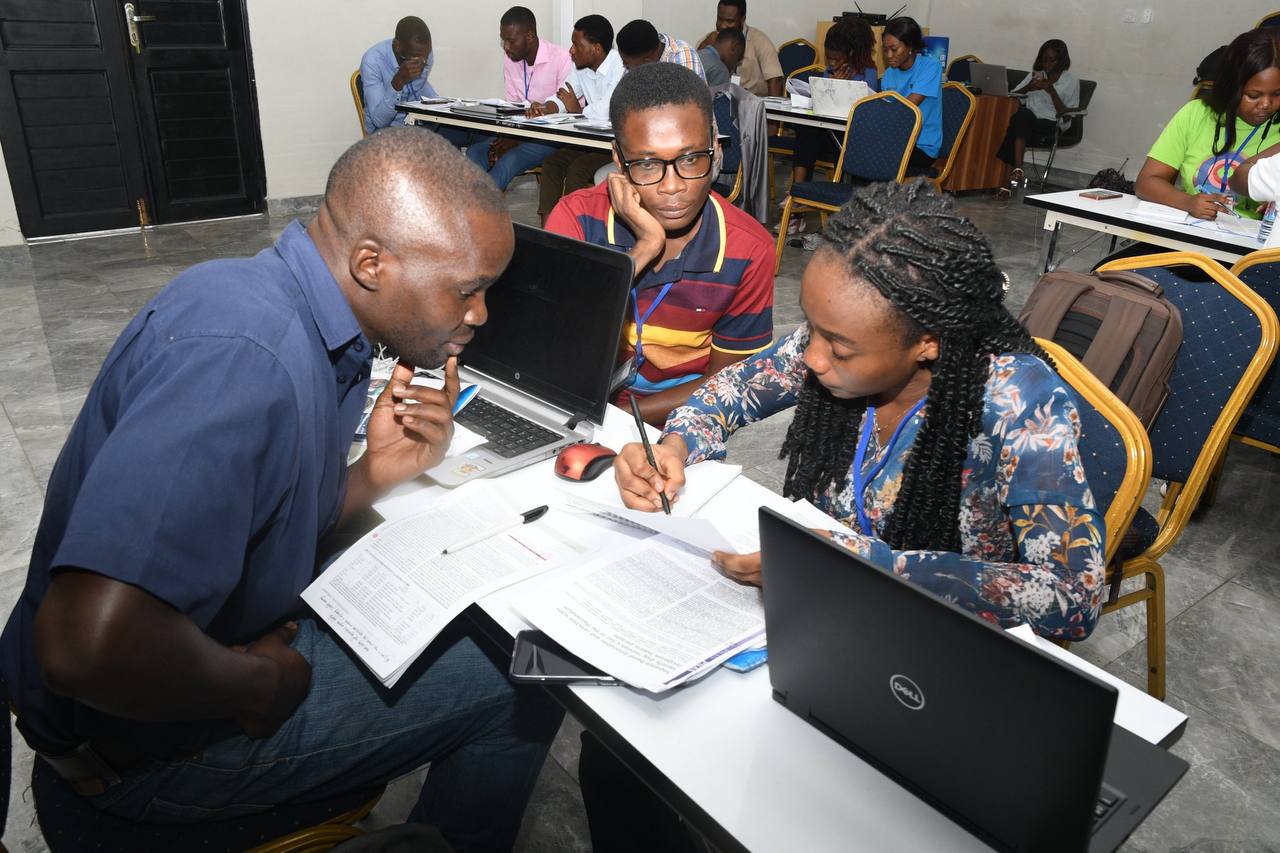
The workshop concluded with impactful presentations from the study groups, highlighting the creativity and determination of the participants in addressing complex global health issues.

